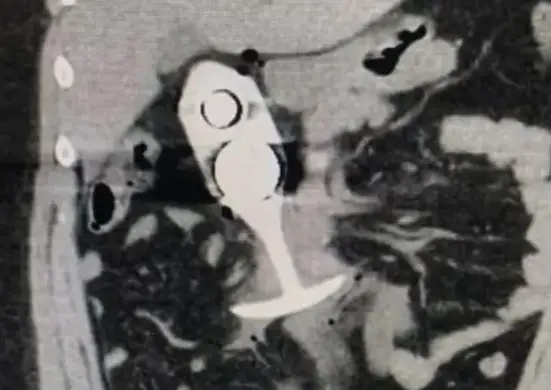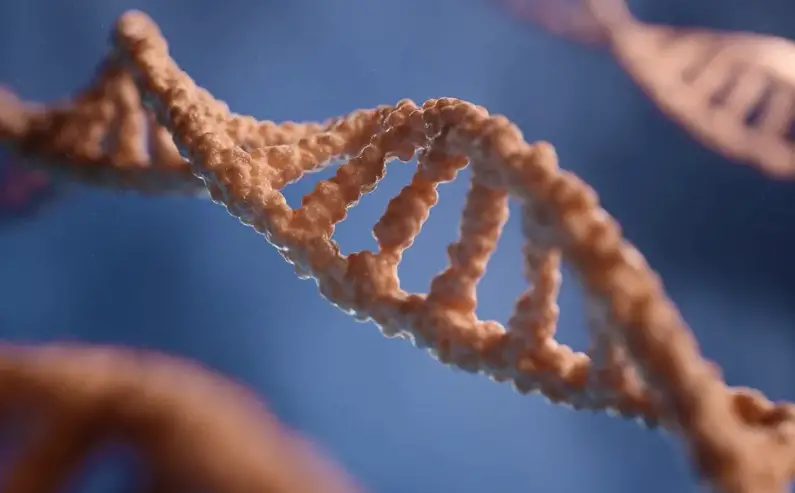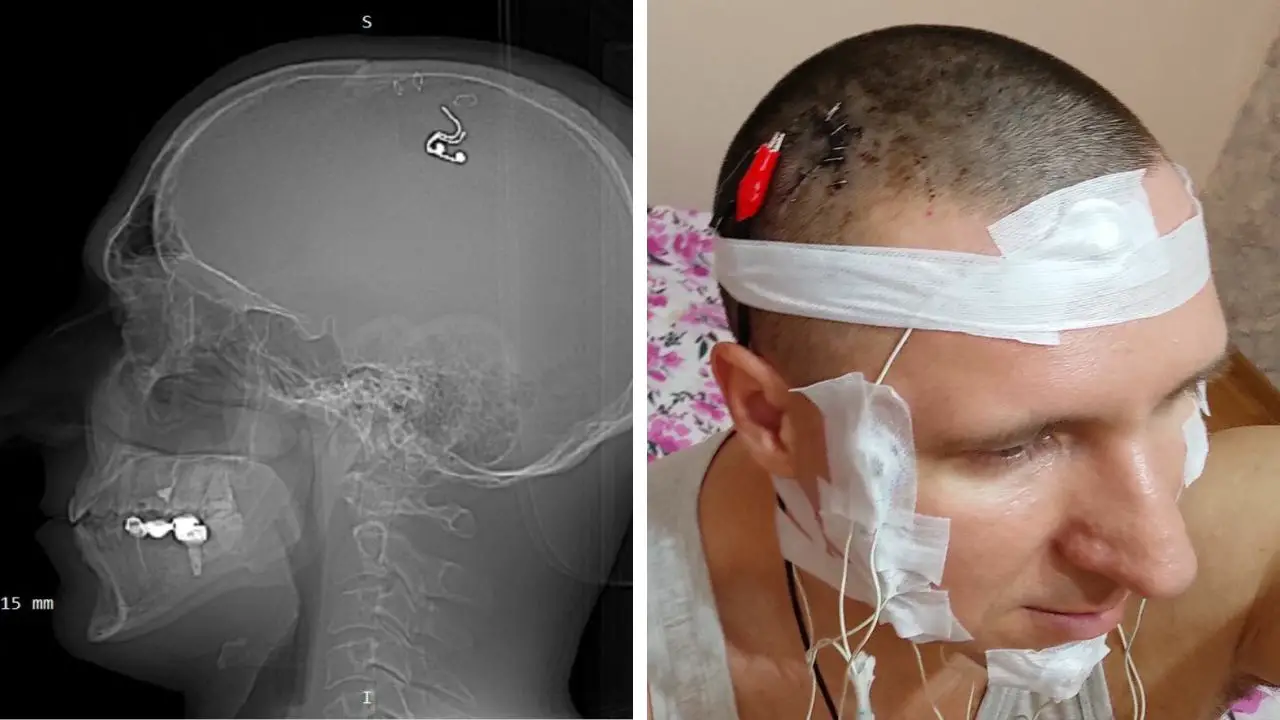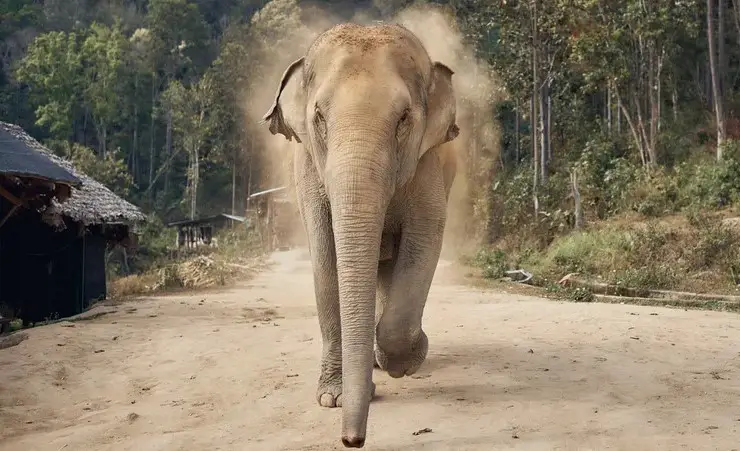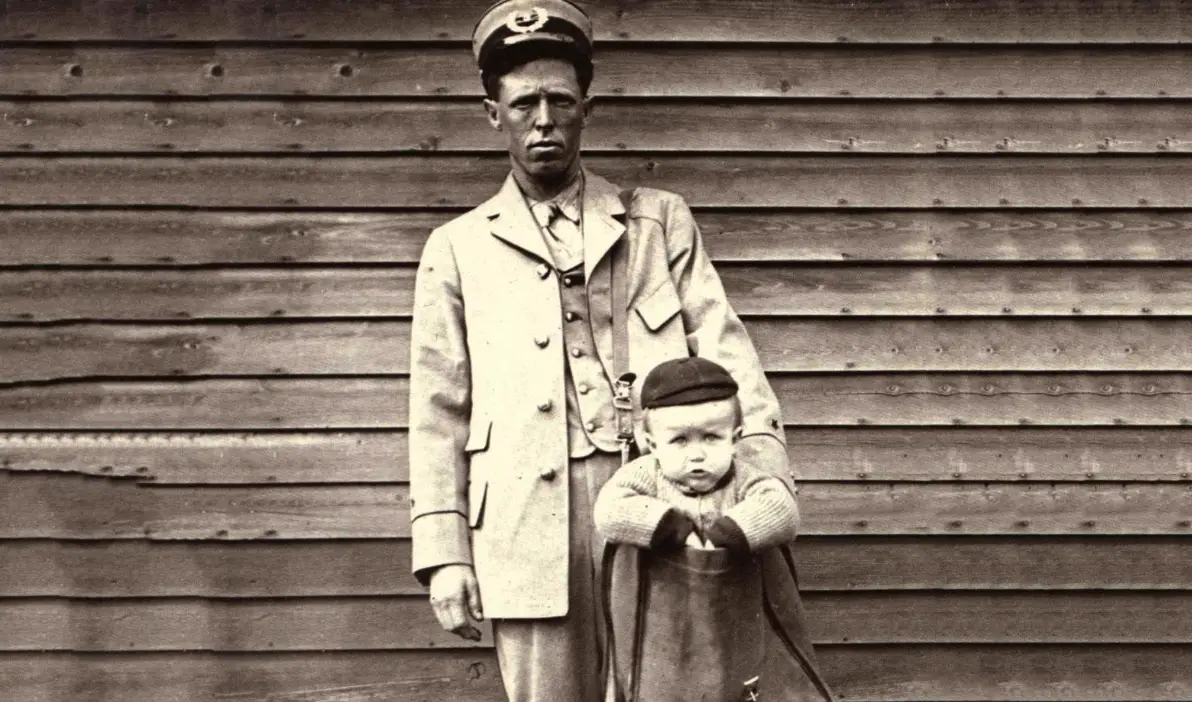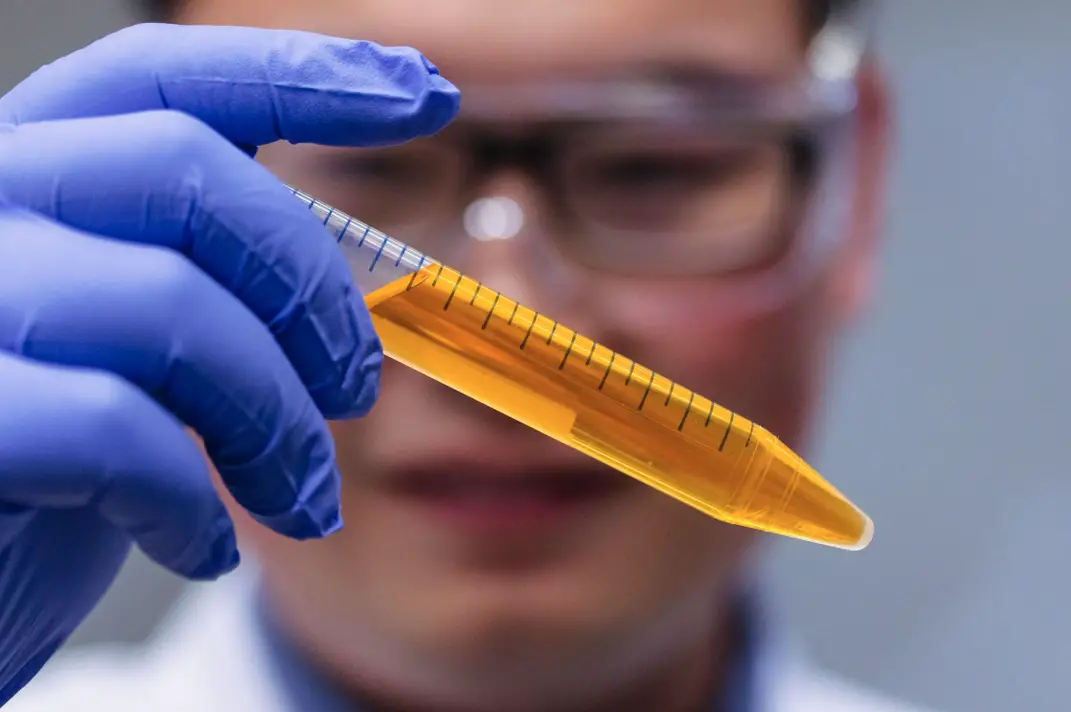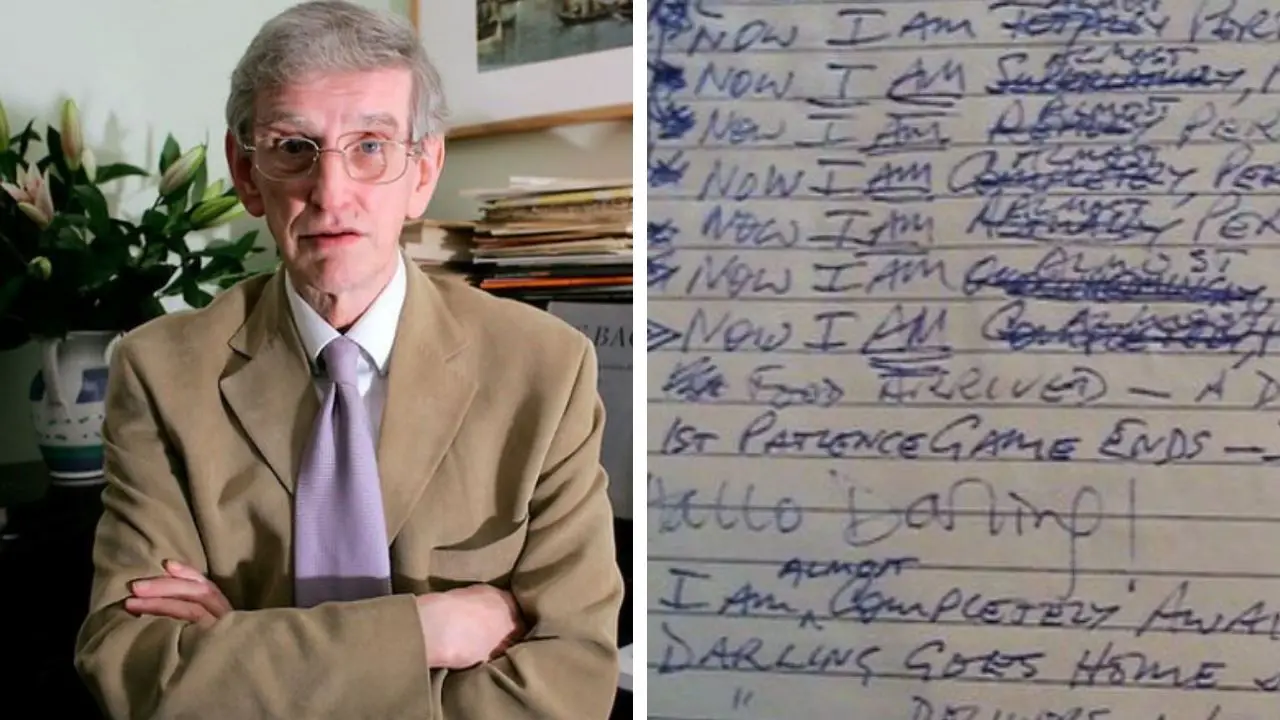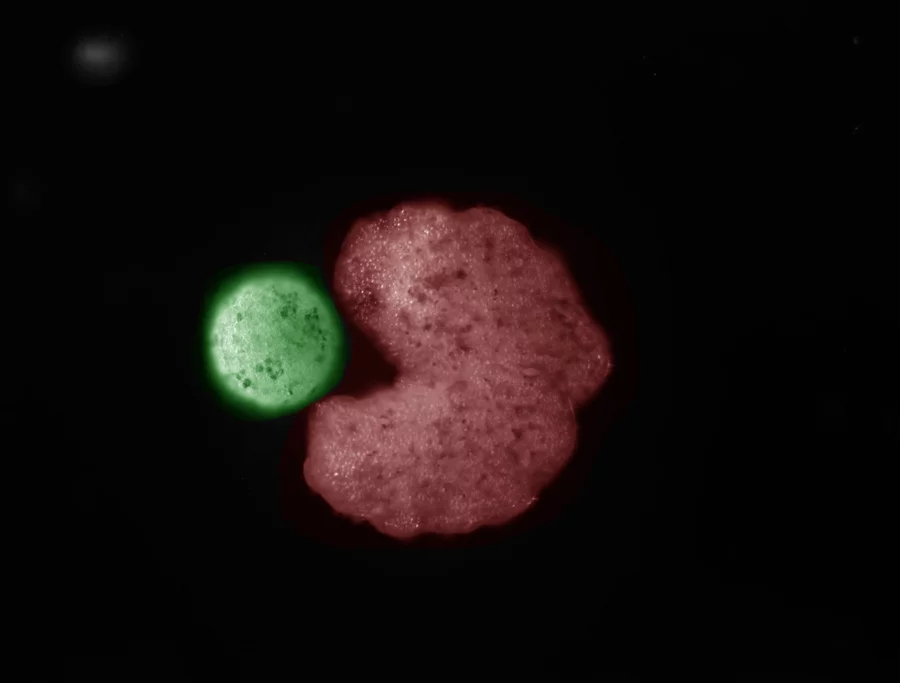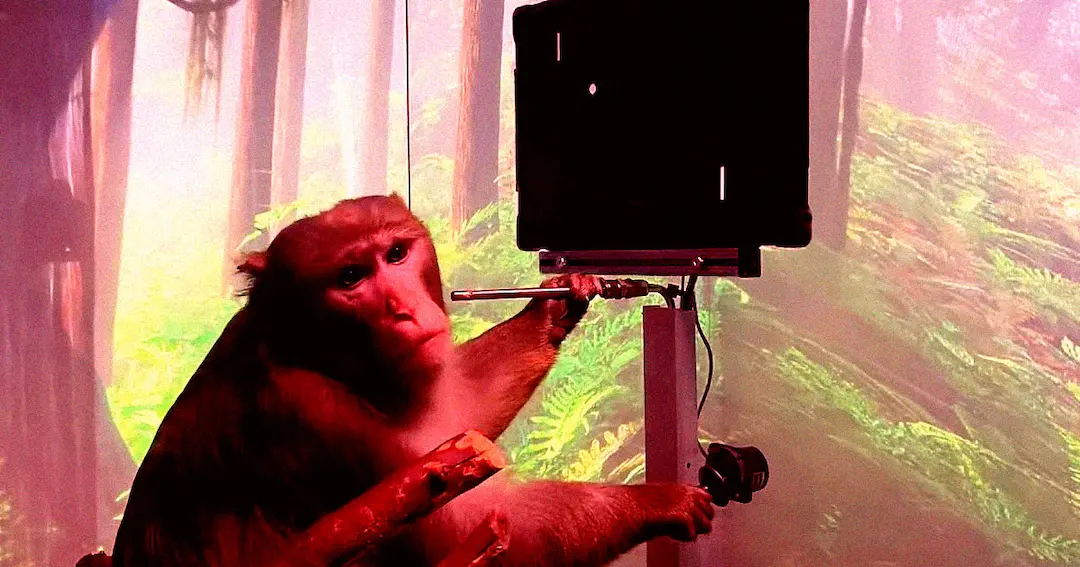Warren Higgs, with Record-breaking Kidneys, Grew up to 35kg due to Polycystic Kidney Disease

A Life-Changing Diagnosis
Warren Higgs, a 54-year-old father from Windsor, England, made medical history in 2021 when surgeons removed the world’s heaviest kidneys, weighing a staggering 35kg (77lb) combined.
His condition, polycystic kidney disease (PKD), caused fluid-filled cysts to grow uncontrollably, enlarging his kidneys to five times their normal size.
The massive organs were crushing his lungs, stomach, and heart, threatening his life.
The successful surgery at Churchill Hospital in Oxford offered hope, but three years later, Warren remains in a precarious state, awaiting a kidney transplant while battling the grueling effects of dialysis.
His story sheds light on the devastating impact of PKD and the urgent need for organ donors.
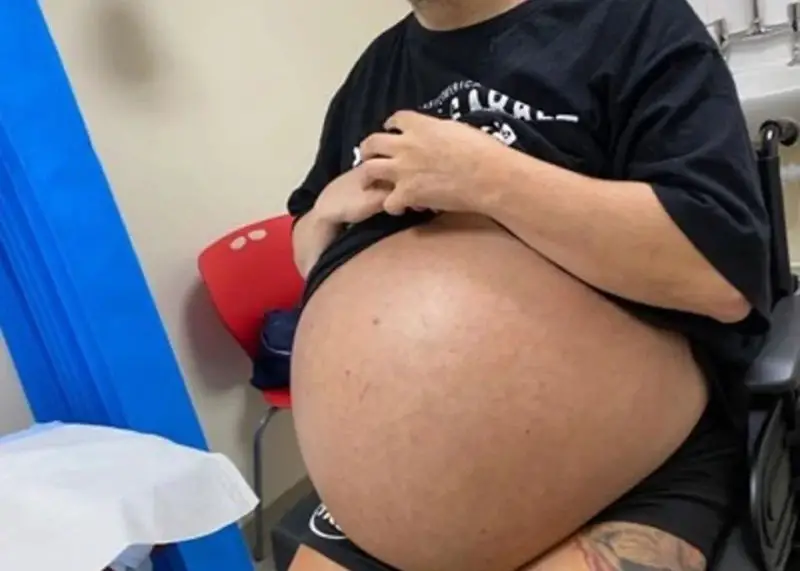
Understanding Polycystic Kidney Disease
Polycystic kidney disease is a genetic disorder characterized by the growth of numerous fluid-filled cysts in the kidneys.
These cysts can significantly enlarge the kidneys, impairing their function and potentially leading to kidney failure.
According to the Mayo Clinic, PKD affects about 600,000 people in the United States and is the fourth leading cause of kidney failure globally.
There are two main types: autosomal dominant PKD (ADPKD), which Warren has, and autosomal recessive PKD (ARPKD), which is rarer and typically affects children.
ADPKD, affecting 1 in 400 to 1,000 people worldwide, often presents in adulthood and can cause complications like high blood pressure, liver cysts, and aneurysms.
| Aspect | Details |
|---|---|
| Condition | Polycystic Kidney Disease (PKD) |
| Types | Autosomal Dominant (ADPKD), Autosomal Recessive (ARPKD) |
| Prevalence | ADPKD: 1 in 400-1,000 people; ARPKD: 1 in 20,000 children |
| Symptoms | Kidney enlargement, high blood pressure, pain, kidney failure, aneurysms |
| Complications | Kidney failure, liver cysts, heart valve issues, brain aneurysms |
| Treatment | Dialysis, kidney transplant, symptom management |
Warren’s Early Struggles
Warren’s battle with PKD began at age 30, when he was diagnosed after experiencing a severe stroke caused by an aneurysm, a known complication of the disease.
The stroke left him paralyzed on his right side, drastically altering his life.
Over the next two decades, he endured six additional strokes, further damaging his brain and limiting his mobility.

Despite these challenges, Warren remained active, competing in archery and completing two triathlons.
He even cycled to hospital appointments, showcasing his determination to live fully despite his condition.
However, around 2016, his kidneys began to grow uncontrollably.
By 2021, his left kidney measured 42cm by 27cm, and his right kidney reached a potentially record-breaking 49cm by 28cm.
“They’re crushing my lungs, crushing my stomach, and I know they’ve just done a recent scan and they’re crushing my heart now,” Warren told before his surgery.
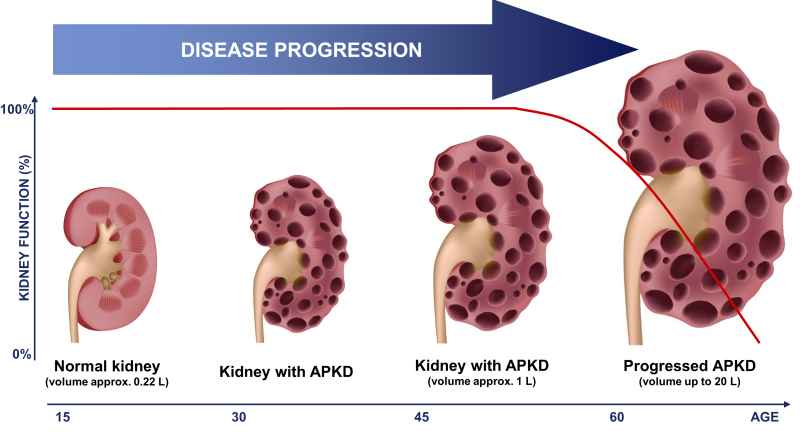
The extreme size of his kidneys made everyday activities like breathing and eating nearly impossible, prompting urgent medical intervention.
The Record-Breaking Surgery
On July 12, 2021, Warren underwent a life-saving two-hour surgery at Churchill Hospital in Oxford to remove both kidneys.
The procedure was a success, with the removed kidneys weighing a total of 35kg (77lb).
The right kidney alone weighed approximately 15kg (33lb), with an additional 5kg (11lb) of fluid.
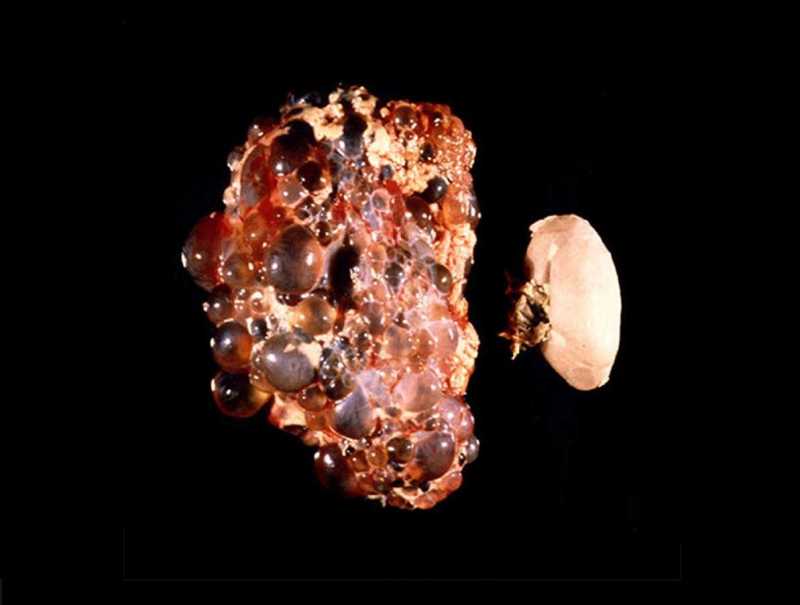
This surpassed the previous record of a 7.4kg kidney removed in India in 2019.
“The surgeon confirmed it all, and yes, we’ve beaten it in every single way you measure it,” Warren said proudly after the operation.
The surgery brought immediate relief. His stomach swelling reduced dramatically, and he could breathe more easily.
Warren planned to donate one kidney to medical research and keep the other as a memento in a glass jar, a unique testament to his extraordinary journey.
However, the removal of his kidneys meant he would need dialysis to survive until he could receive a transplant.
Mechanism of Disease Spread
Life on Dialysis
Post-surgery, Warren’s life has been dominated by dialysis, which he undergoes four days a week.
Each session is meant to filter waste from his blood, but the process is grueling.
His blood pressure often drops drastically, from 180 to as low as 40 or 50, causing him to pass out and forcing sessions to end early.
This has led to significant fluid retention, with Warren gaining 30kg since starting dialysis.
“When I had my kidneys removed, I thought my life was going to get better, but it is so much harder,” he told The Mirror in April 2024.
His diet is severely restricted to 750ml of fluids daily, and on dialysis days, he eats minimally, often just a yoghurt and a croissant.
High-potassium foods like bananas are off-limits. Warren takes 16 tablets daily to manage his condition, using coffee to swallow them.
Despite these challenges, he remains committed to physiotherapy, hoping to regain the ability to walk.
A Missed Opportunity
In February 2023, Warren came tantalizingly close to receiving a kidney transplant when a suitable donor was found.
Tragically, the donor withdrew just two days before the procedure, leaving Warren devastated.
“I don’t know if I will make it to the end of the year without a donor,” he said in 2024, expressing his growing fear.
The shortage of kidney donors is a critical issue, with thousands of patients in the UK and beyond waiting for transplants.
Warren’s experience underscores the urgent need for increased organ donation awareness.
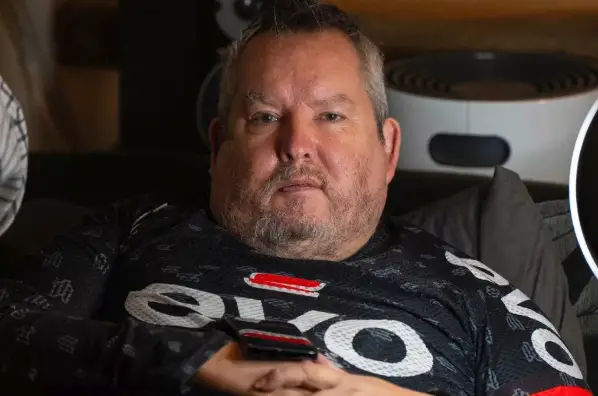
A Father’s Hope
Warren is a father to a 21-year-old son, Sebastian, and his desire to see him settled keeps him fighting.
“I want to be there for him,” he said in a 2024 interview. Before his health declined, Warren was a vibrant member of his community, known for his positivity and willingness to help others.
Even now, he aims to inspire, sharing his story to encourage organ donation.
“I hope my story encourages people to consider donating,” he said. “It could save someone’s life.”
Community Support
Warren’s community has rallied around him. In 2021, Windsor Cars and Driven Forward Charity launched a fundraiser to purchase a custom-built, battery-operated recumbent e-tricycle to help him regain mobility.
The fundraiser was a success, and Warren planned to use the tricycle to train for a triathlon.
More recently, another fundraiser was launched to provide a new wheelchair, as his condition has worsened, leaving his previous mobility aids insufficient.
“Warren is a well-known character in our community,” said an organizer. “He’s always helping others and spreading positivity.”
The Road Ahead
As of May 2025, no new updates on Warren’s condition are available, suggesting he is still awaiting a transplant.
His story is a powerful reminder of the challenges faced by those with chronic kidney disease and the critical role of organ donation.
Despite the hardships, Warren remains resilient, training in the gym when possible and holding onto hope for a transplant.
His journey from having the world’s heaviest kidneys to fighting for survival is a testament to the human spirit’s endurance.
Raising Awareness
Warren’s experience highlights the broader issue of kidney disease and the need for increased organ donation.
In the UK, approximately 70,000 people live with PKD, and many face long waits for transplants.
Organizations like the PKD Foundation advocate for research and support for patients.
Warren’s openness about his condition has sparked conversations about organ donation, with campaigns like Donate a Kidney and NHS Organ Donation encouraging people to register as donors.
Warren’s story is not just about breaking medical records; it’s about the human cost of chronic illness and the hope that organ donation can bring.
As he continues his fight, his message is clear: “It’s not really a record you want to live with, believe me, it’s horrible. PKD has literally taken away my whole life.”
Yet, with community support and his unwavering determination, Warren Higgs holds onto hope for a new chapter—one where a transplant could restore the life he once knew.










